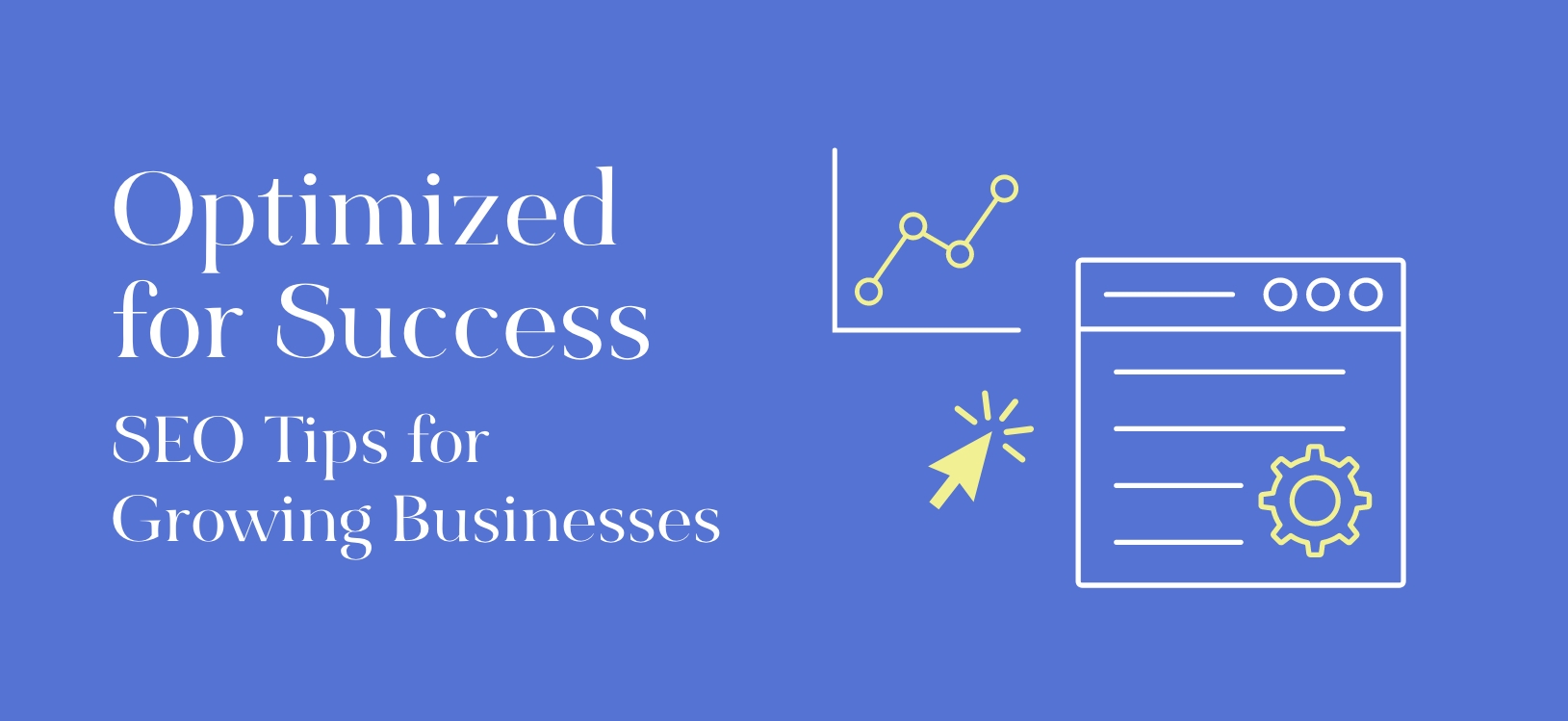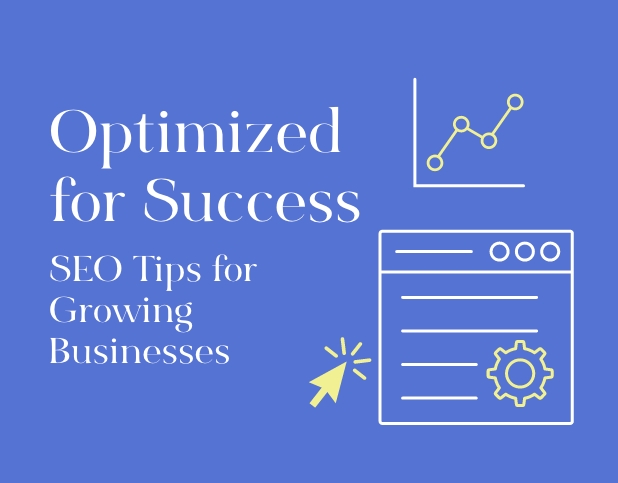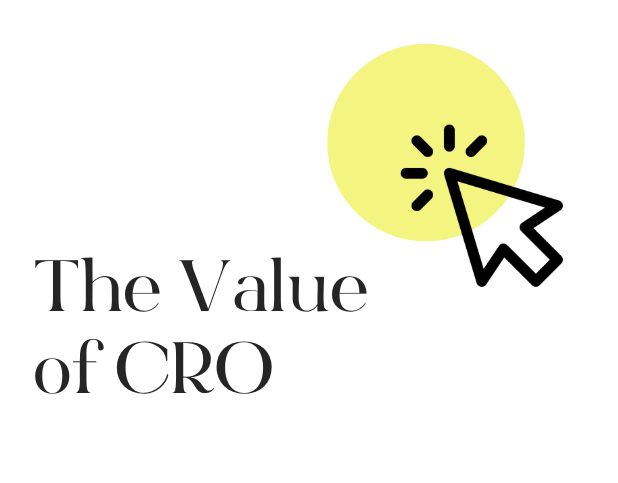Want to hide something? Page two of Google search results may be the best place to do it. For this reason, a basic knowledge of search engine optimization is crucial to your business’s long-term growth. In case you’re wondering, SEO is the process of increasing a website’s presence in organic search results with the end goal of driving more traffic to that site.
SEO should create a smooth user experience by communicating to search engines your online objectives so they can recommend your website content for related searches. Web pages are displayed based on what search engines consider to be most relevant to the searcher’s key terms. To create a stronger, safer, more legitimate user experience, all search engines clearly disclose what helps or hurts your search display rankings.
Here are six simple tips to help your business optimize its search engine ranking and increase website traffic.
1. Create Local Business Pages
Ever notice how when you search for bakeries or restaurants you immediately get an extensive list of nearby options? Business listings are one of the easiest ways to help people find you. If your business is not already listed on major search engines, you’re missing out on valuable new customers. The good news is, all you have to do is hop over to Google or Bing and create a listing. It won’t take you long and you’ll see results almost immediately. Go ahead, we’ll wait.
While Google and Bing are certainly two of the most prevalent search engines out there, it may surprise you to learn there are hundreds of digital services your business can appear on: Apple Maps, Facebook, Yahoo, Yelp, MapQuest, Superpages, Foursquare. An easy way to see how your business appears online is with this convenient local listing search tool from Yext.
2. Be Mindful of Your Online Reviews
Search engines like Google consider your business’s reviews when ranking your website. Encouraging your customers to rate and review your business can help you appear higher in search engine results. We recommend putting a link on your website or social media page and asking your customers to tell you about your experience. It is important you do so naturally; offering discounts and incentives for people to review your business can result in inorganic reviews that are more harmful than helpful. And of course, never post any fake reviews. Potential customers can tell if something is fishy, and won’t think twice about scrolling to the next listing if they appear to be that way.
If you find yourself receiving negative reviews, a heartfelt apology and plea for the dissatisfied customer to give you another chance goes a long way.
3. Concentrate on Title Tags & Meta Descriptions
An important aspect of SEO is to ensure every page of your website has a distinct and descriptive title tag and meta description. A title tag is limited to 65 characters and is used to identify the overall subject of a web page on your site. Title tags are indicated as blue text in search engine results. This title should be unique to the page it’s labeling while also including your business’s name if possible.
A meta description is a 160 character or less snippet under the title tag that summarizes a page’s content. They’re used to generate click-throughs from search engines, but have no direct effect on ranking. However, click-through rates do play a role in determining if you’re a good result or not, so it’s best to have compelling meta descriptions to accompany your title tags.
Together, title tags & meta descriptions can help increase your search engine standings and encourage click-throughs.
4. Create a List of keywords and Use Them
SEO keywords are the words and phrases in your content that make it possible for people to find your site via search engines. Using the appropriate keywords is imperative to a successful SEO strategy. A good strategy is one where keywords are utilized throughout a site’s content, titles, and URLs. When developing your site’s keyword list, think about them as search terms. Ask yourself, “How would someone looking for information on this topic search for it?” You can also utilize tools such as Google’s search console to see the keywords people are using to find your website. Doing so will help optimize your site for discovery.
It should be noted that while keywords are an integral part of a successful SEO strategy, search engine algorithms are programmed to ignore sites that utilize too many keywords, so be meticulous with your keyword selection and how you integrate them into your content.
5. Blog Frequently About Your Business & Industry
Blogging can seem like a hassle, but it’s honestly not as time-consuming and laborious as you would think. Plus, blogging once or twice a week — or even once or twice a month — can help your business stand out from the competition.
Writing blog posts about industry trends and news, how-to articles, etc. will not only help your audience learn more about your business, but will also allow you to keep your content fresh and interesting. Blogs are also a great place to utilize keywords related to your products or services that don’t fit elsewhere, which will help to increase your search engine standings.
6. Always Remember Quality Over Quantity
When it comes to SEO efforts, quality is always more important. Quality work across your blog, title tags, meta descriptions, and site content will provide more valuable long-term benefits for your business.
Google values the quality of a site when it decides to rank one web page over another. Take your time optimizing your site for search engines and make sure that your efforts to incorporate keywords and phrases are organic. Attempts to force keywords or topics that aren’t a match for your website can result in penalization.
These are just a few ways you can increase your SEO standing and drive traffic to your website. While this only grazes the surface of the beast that is SEO, following these tips can help your business have success in gaining quality leads from search engines.
If you’re ready to drive more inbound traffic to your site and grow your brand using search engine optimization, contact us to learn how BuzzShift can help.
About BuzzShift
BuzzShift is a digital growth strategy agency with a focus on mid-market, scaling DTC Brands. By combining the ideologies of branding, performance marketing, and retention agency, we are able to create memorable experiences with measurable results, and build long-term success for our clients with scalable, sustainable growth.Learn more about BuzzShift.







